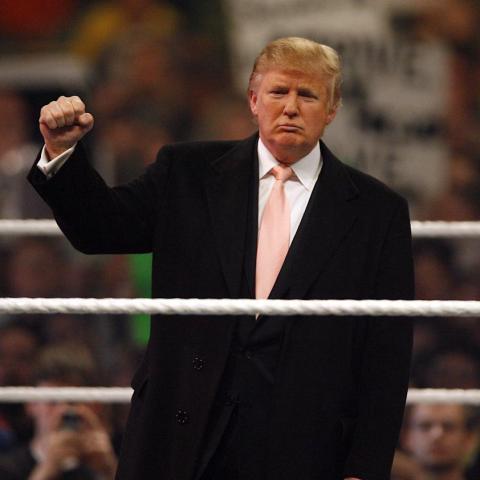Rochester Hills, Michigan — Last year, Oakland University’s coach Greg Kampe made headlines when his Golden Grizzlies, a No. 14 seed, defeated the powerhouse Kentucky in the NCAA Tournament. It was a stunning victory in Kampe’s long career at Oakland, but now he faces a new challenge off the court.
“I spend my summers raising money to attract players,” Kampe shared. “It’s a reality college coaches are facing today.”
With recent changes in NCAA rules, college athletes can now earn money from their name, image, and likeness (NIL). This means they can profit through endorsements, merchandise sales, and autograph sessions. Big names like Shedeur Sanders and Caitlin Clark have capitalized on these opportunities, raking in significant earnings.
However, the landscape is shifting even further. Many athletes are now being offered salaries just to play. Kampe noted that financial discussions are becoming a part of recruitment from the very beginning. Schools with wealthy donors are using their funds to secure top talent, creating intense competition for recruits. After last year’s tournament, Kampe lost three key players to programs that could pay them more.
“When a Power Five school offers a player $500,000, it’s hard for me to compete with that,” Kampe said. “How do I convince a kid not to take that kind of money?”
A report from Opendorse revealed that around $1.67 billion was spent on student-athletes in 2024, predominantly in men’s sports. College football alone accounted for $1.1 billion, while college basketball drew about $390 million. This influx of money raises concerns for less popular sports, which may struggle to survive amidst these financial disparities.
Jadin O’Brien, a two-time national champion in the pentathlon at Notre Dame, expressed her mixed feelings. While she appreciates the earnings she receives, it’s far less than what top football players make. “I love my sport, and making a bit of money is a bonus,” she said.
Kampe, though concerned, isn’t opposed to the new system. He wants to contribute to making it better. “I want to be part of the solution,” he explained. Yet, with schools able to spend significantly more, he worries college sports might become dominated by a few wealthy programs.
“There’s a real fear that we’ll see the same teams in the NCAA tournament consistently, which could diminish the excitement for true fans,” Kampe added.
Source link
NCAA College Sports





















